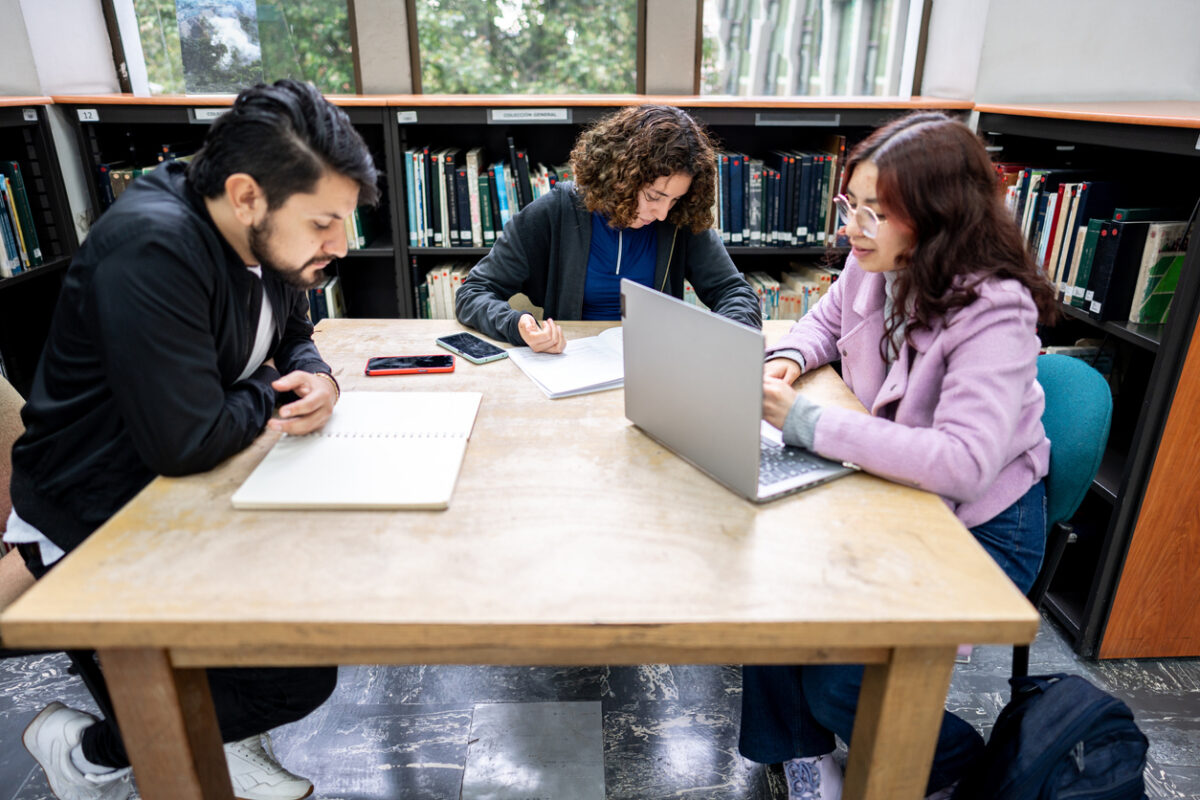Degrees of Hope: Helping First Generation Students Reach Their College Dreams
Published Oct 31, 2014
Like many of you, I was the first in my family to go to college. And while it may sound strange, I had absolutely no clue as to how to choose the right one. Many of my family members never finished high school, let alone considered college. I was always a really good student, but there was a lot I didn’t know about going to college, and my school didn’t have the resources to help me.
I decided which schools I wanted to visit my senior year by eavesdropping on other students in my honors classes. However, I crossed the “good” schools off my list one by one because of the cost. Despite my high grades and solid test scores, I never even considered applying to any of the elite schools that sent me brochures because I assumed they weren’t for me. Attending college out of state didn’t even occur to me.
Although my decision to matriculate at a local four-year university worked out well, the odds were against me. I didn’t realize at the time that my college had the lowest graduation rate of all the schools on my list — with fewer than 50 percent of students earning their degrees in six years. As a country, we can’t afford to have one out of every two students who makes it into college fail to graduate. Not to mention, the cost of failure is much higher for students nowadays, with the rising price of college and growing student debt load.
To bring much needed attention to the issues facing today’s students, the Institute for Higher Education Policy (IHEP) recently produced a film profiling the typical challenges confronting 21st-century students. The film features stories from students such as:
- Sharon, a first-generation student in Pennsylvania, worked throughout high school to help support her family. She was always a dedicated student but worried she would not be able to achieve her goal of attending a four-year institution due to the high cost. She eventually found help through the Hispanic outreach program at the local four-year college, where she received a full scholarship to attend full-time and live on campus. Still, deciding whether to accept the scholarship was initially a dilemma since it meant she would not be able to support her family as much as she had been, both emotionally and financially. Sharon is currently enrolled in her first year of college.
- Traval started his college education at the local community college — mostly due to financial concerns. His parents, who are immigrants, were unable to help him complete his FAFSA paperwork. In fact, due to misconceptions about federal aid, they actually discouraged Traval from applying because they were not aware that grants were available that would not need to be paid back. As a result, Traval is working full time to avoid going into debt, which has affected his academic performance at times. He hopes to transfer to a four-year nursing program at a nearby university, but due to changing course requirements, he has taken classes that do not transfer and is unsure how to finance his bachelor’s degree. Nevertheless, Traval remains optimistic that he will achieve his goal.
- Andrea, a married mother of two, recently graduated from a four-year college against all odds. Despite being discouraged by a high school counselor who told her she was not “college material,” Andrea attempted higher education multiple times when she was younger, but did not initially succeed. After 10 years in the workforce, she re-enrolled at a community college to improve her career prospects. Starting at the lowest level of remediation, Andrea went on to transfer to a local four-year institution with the help of Federal TRIO programs and scholarships. She quit her job to attend school full time and faced financial difficulty with rent, car repairs and childcare. To make ends meet while finishing her degree, she received food stamps and took out significant student loans. She now works as a high school teacher.
Each of these students faced considerable challenges and lacked the information that would have helped to ensure their progress. However, these students also found caring and supportive advisors who helped them along the way. Having someone to guide you through the application and enrollment process is crucial; however, people can only help if they know you need help. Do not be afraid to ask for it.
Below are some resources that may be helpful to you or other first-generation students you know for getting into and through college:
- U.S. Department of Education College Affordability and Transparency Center provides tools such as the College Scorecard, College Navigator and Net Price Calculator to help you compare colleges and understand the costs.
- FinAid provides information about scholarships and paying for college.
- National College Access Network provides a listing of local college access programs.
Finally, you can help yourself and others by becoming an advocate. Share your story so policymakers, practitioners and the public will know just how common it is to face barriers along the college pathway. Get the word out on social media, start a Facebook page or help launch an in-person support group or club on your campus. Share your challenges and your successes so that others can understand and address your needs.
Click here to view the film. Please fill out the form; afterward, you will be provided with a link to the film and password.


